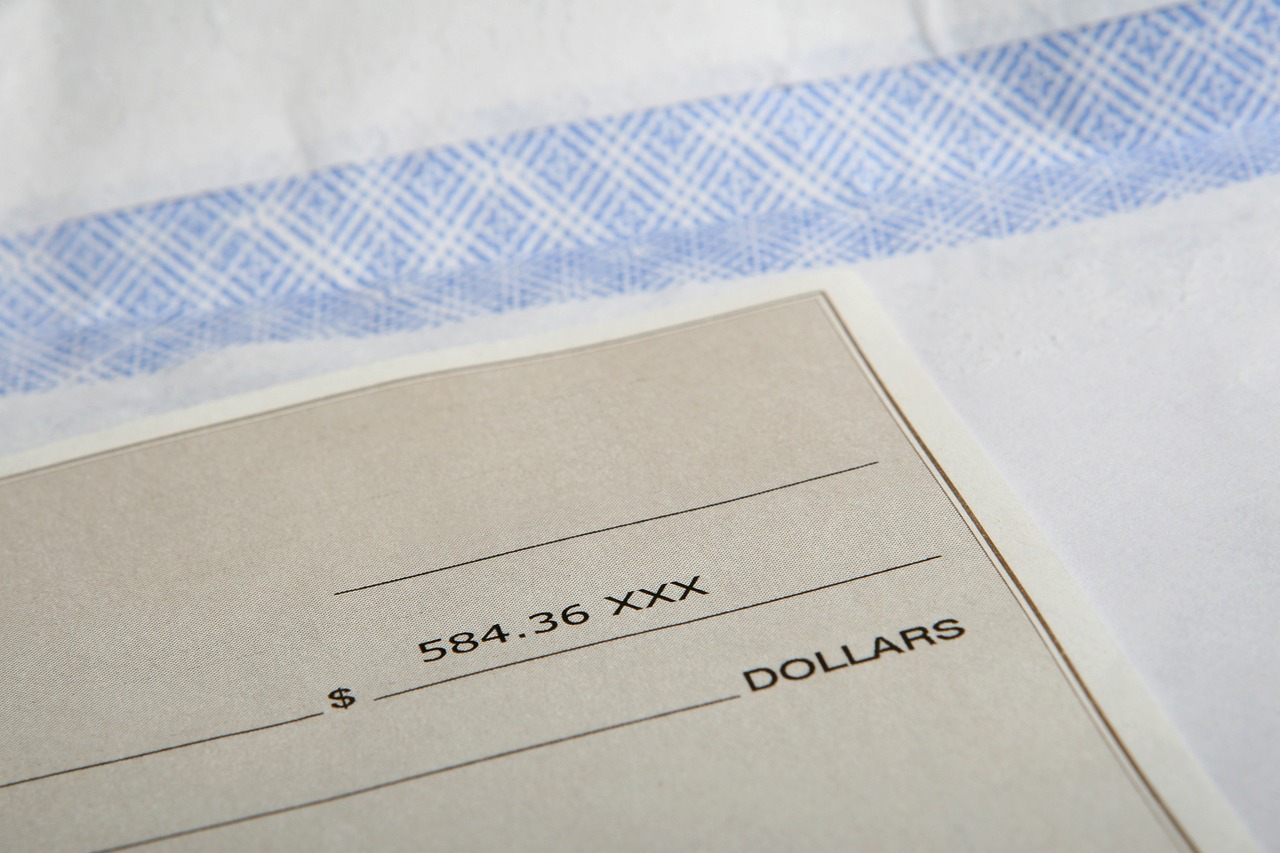How to stop wage garnishment?
Wage garnishment is a court order that allows a creditor to collect a portion of your wages or salary directly from your employer to satisfy a debt you owe. It can be difficult and unpleasant to deal with wage garnishment if you are facing it. There are, however, ways to stop income garnishment and regain control of your resources.
What is a wage garnishment?
Wage garnishment refers to a lawful procedure that permits a creditor to deduct some of your earnings to settle a debt you owe. The creditor usually needs to get a court order or judgment against you before they can begin garnishing your wages. After obtaining the court order, they can send it to your employer, who will then be obligated to withhold a portion of your salary and remit it directly to the creditor.
4 ways to stop wage garnishment
Here are four ways how you can stop wage garnishment if you face one.
Pay Off the Debt
The most straightforward way to stop wage garnishment is to pay off the debt in full. If you can afford to do this, you should contact the creditor or the collection agency that has filed the garnishment and arrange to pay the debt in full. Once the debt is paid, the garnishment will stop.
Work With Your Creditor
If you want to avoid wage garnishment, you can consider working with your creditor to create a payment plan. You should first explain your financial situation to the creditor or collection agency. They might be willing to work with you to come up with a payment plan that fits your budget. It’s important to have the payment agreement in writing and ensure that you can afford the payments.
Challenge the Garnishment
If you think that the wage garnishment is not legal or you have a valid defense, you can challenge it. This includes situations where the creditor did not comply with the required legal procedures or if you have a legitimate defense.
File for Bankruptcy
If you are struggling with debt and facing pay garnishment, filing for bankruptcy may provide you with relief. When you declare bankruptcy, an automatic stay is put in place to prevent any collection actions, including wage garnishment. However, it’s important to understand that declaring bankruptcy can have lasting impacts on your credit and financial future. Therefore, it should only be considered as a last resort.
What are the wage garnishment penalties
Wage garnishment can have severe repercussions on your finances. Not only can it reduce your take-home pay, but it can also negatively impact your credit score, making it challenging to access credit in the future. Additionally, managing multiple wage garnishments can be overwhelming and make it hard to keep up with bills and expenses.
It’s crucial to take prompt action to avoid wage garnishment penalties. To establish a payment plan, reach out to the creditor, collection agency, or consider consulting a credit counseling agency for additional assistance and advice.

